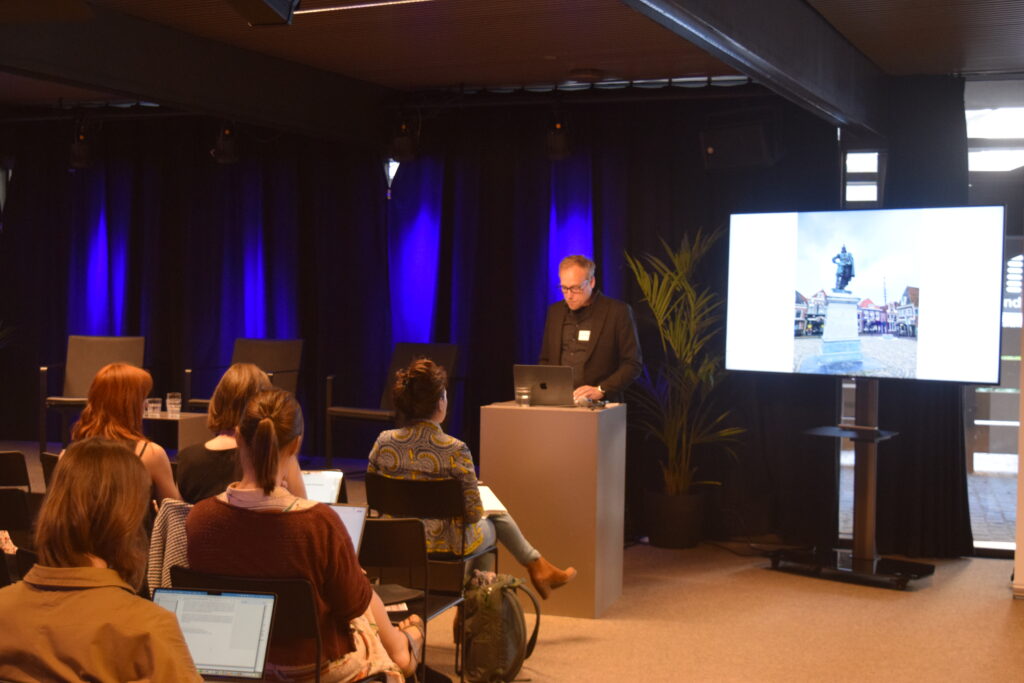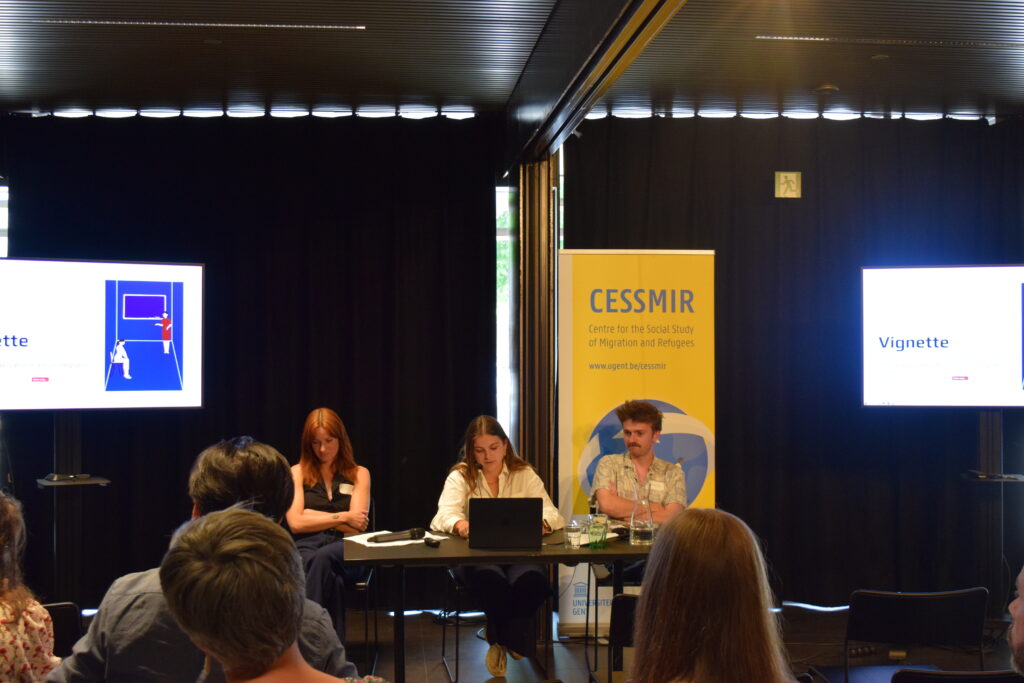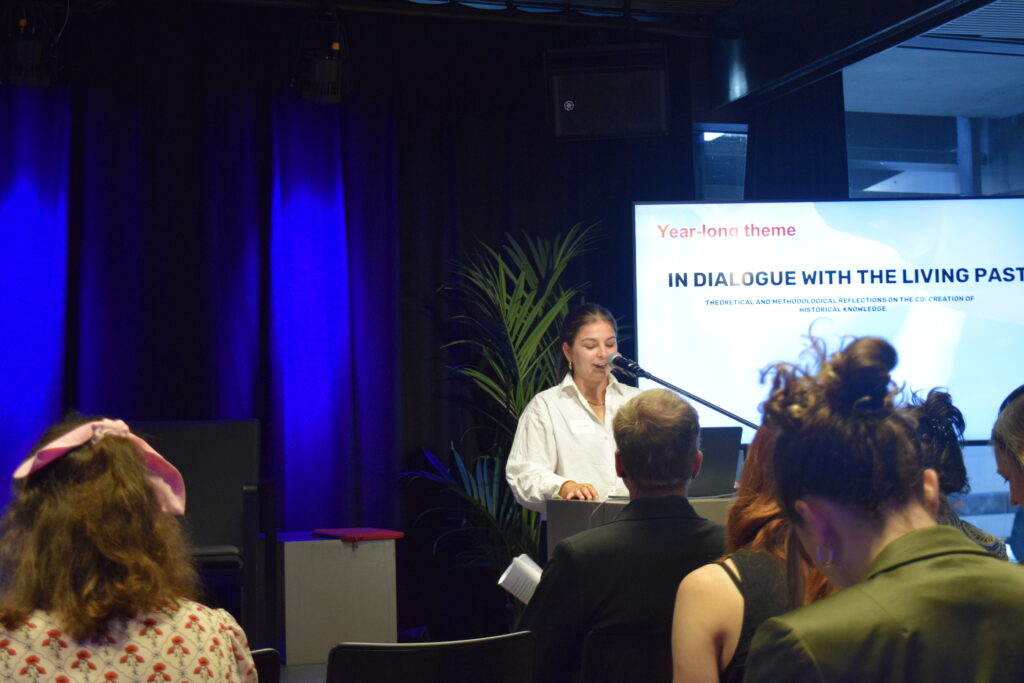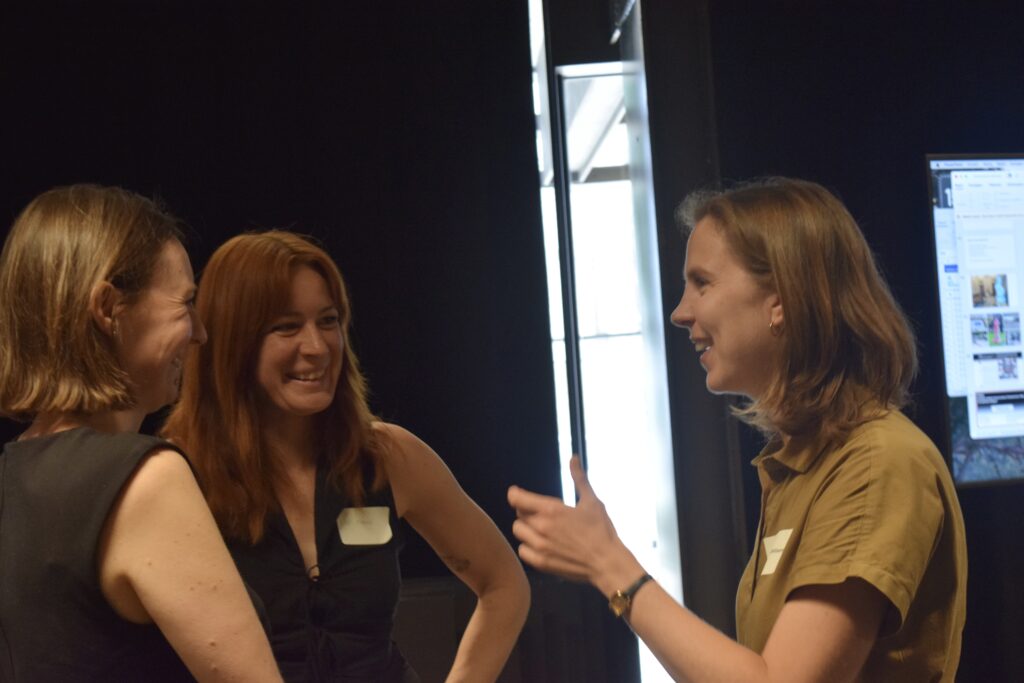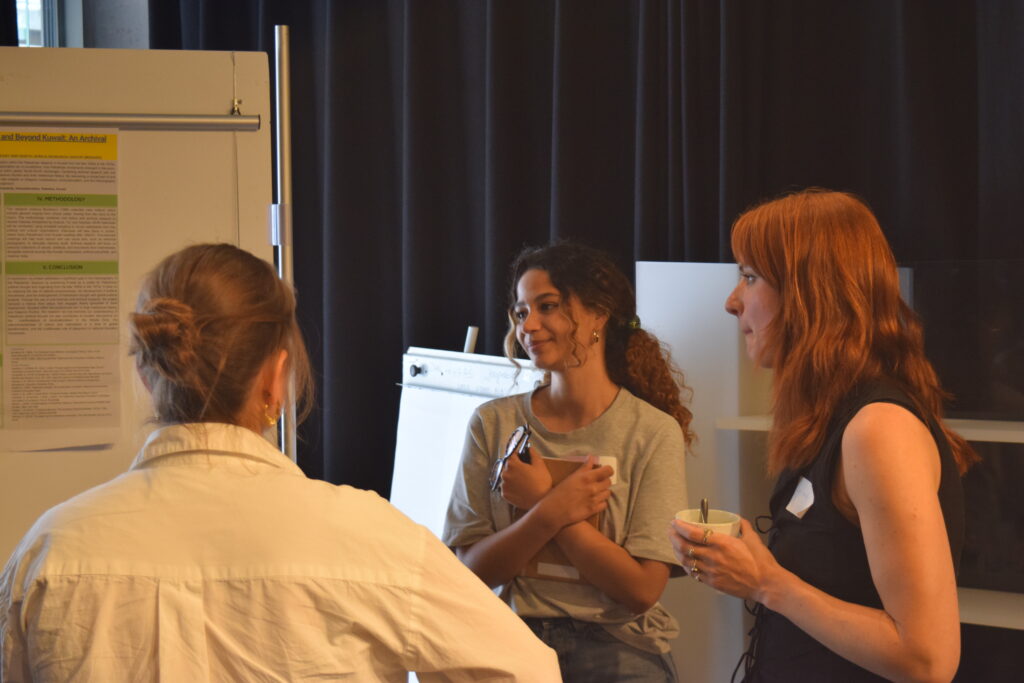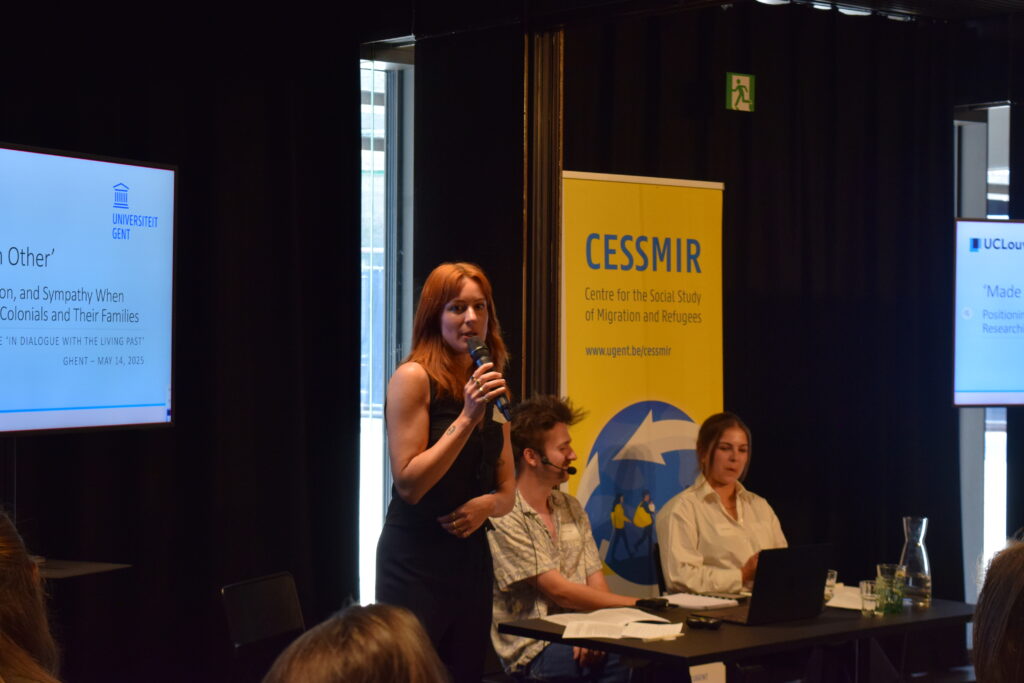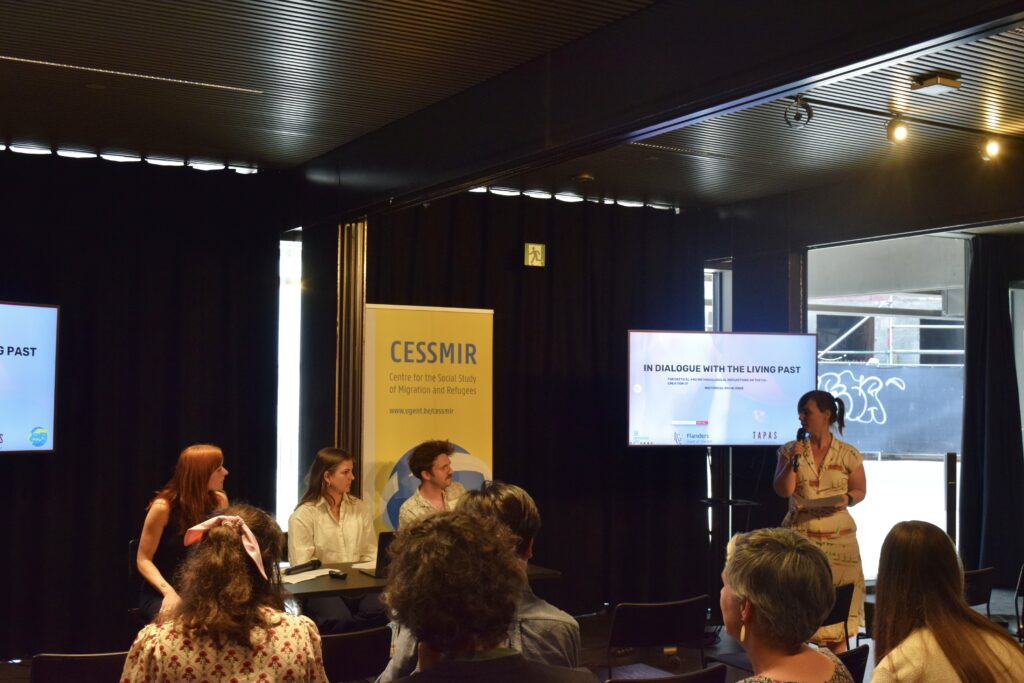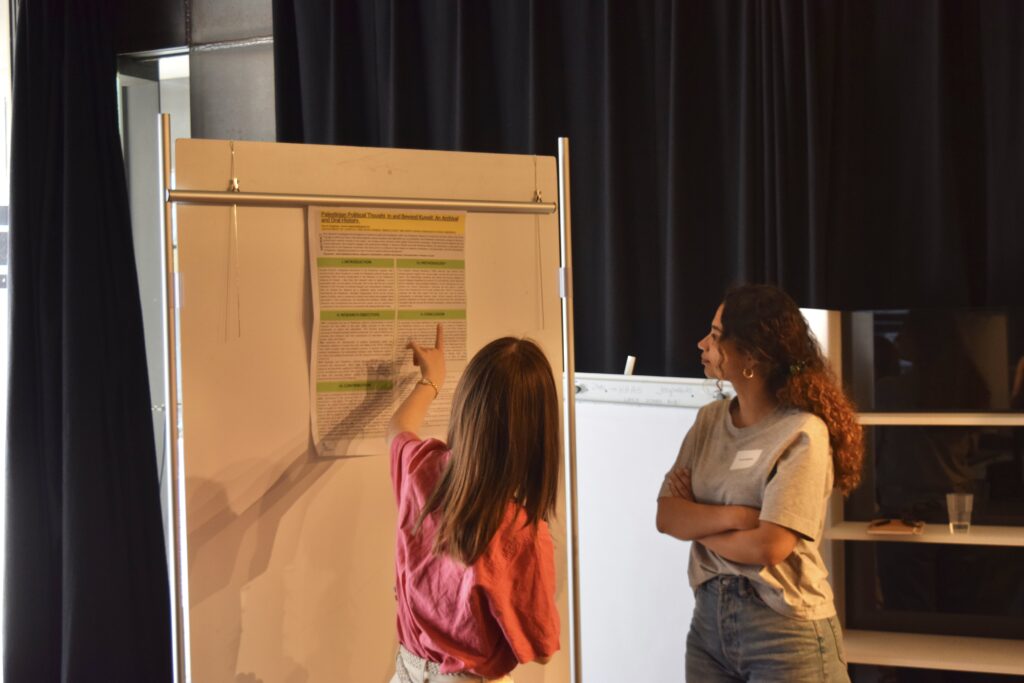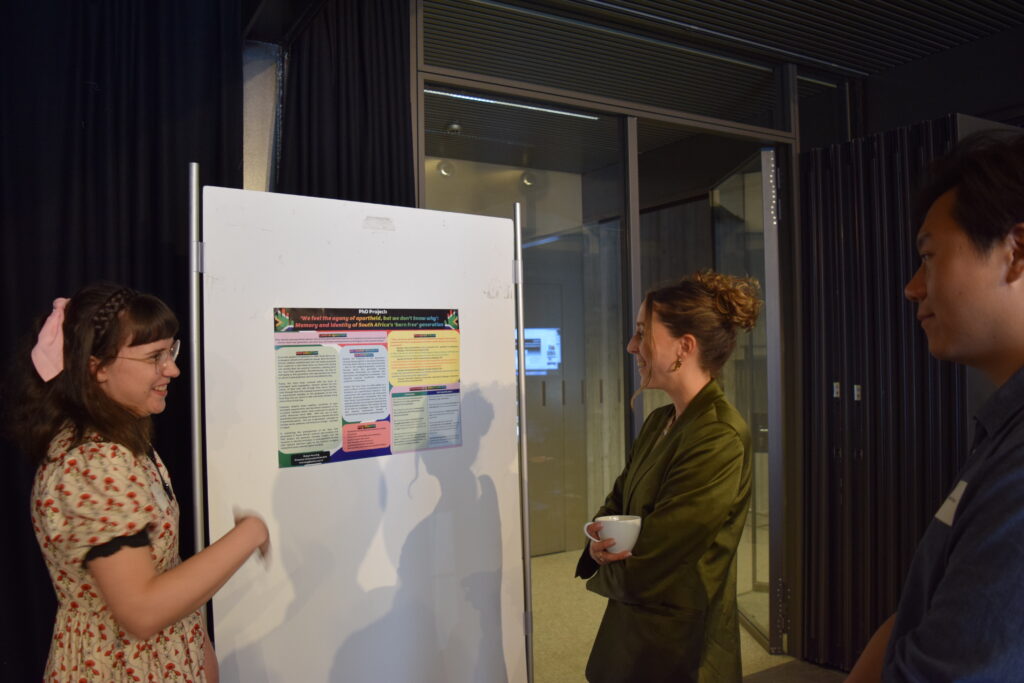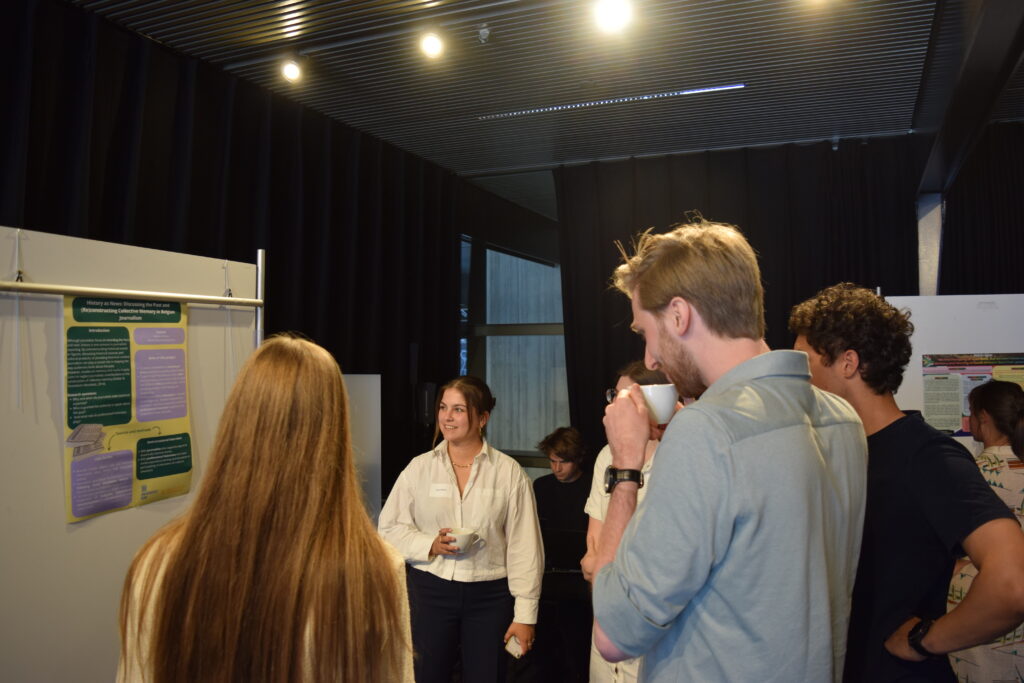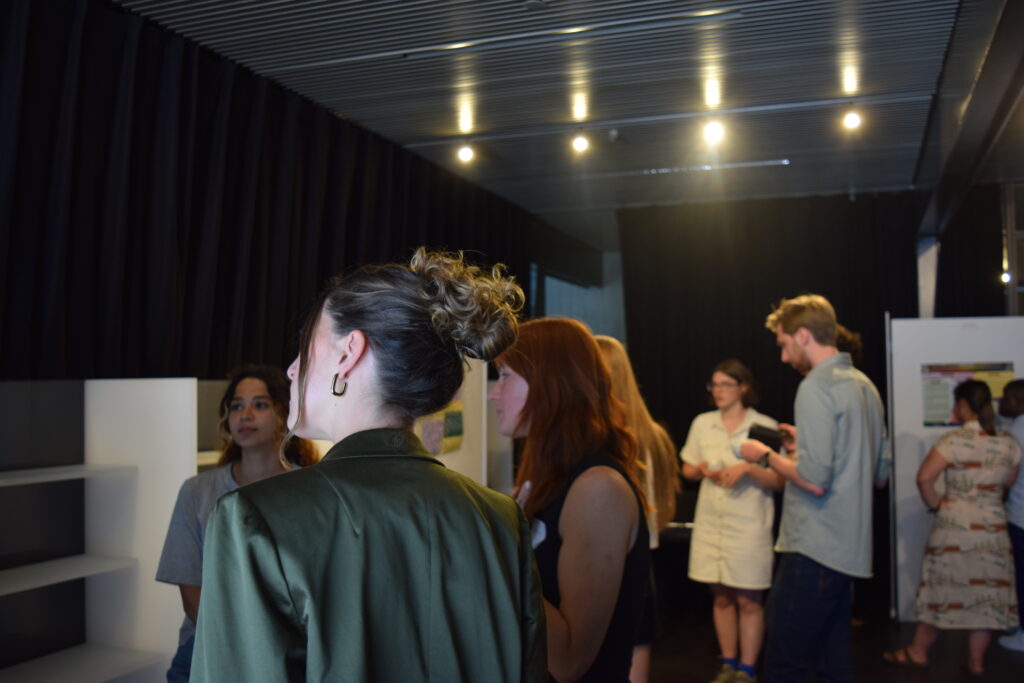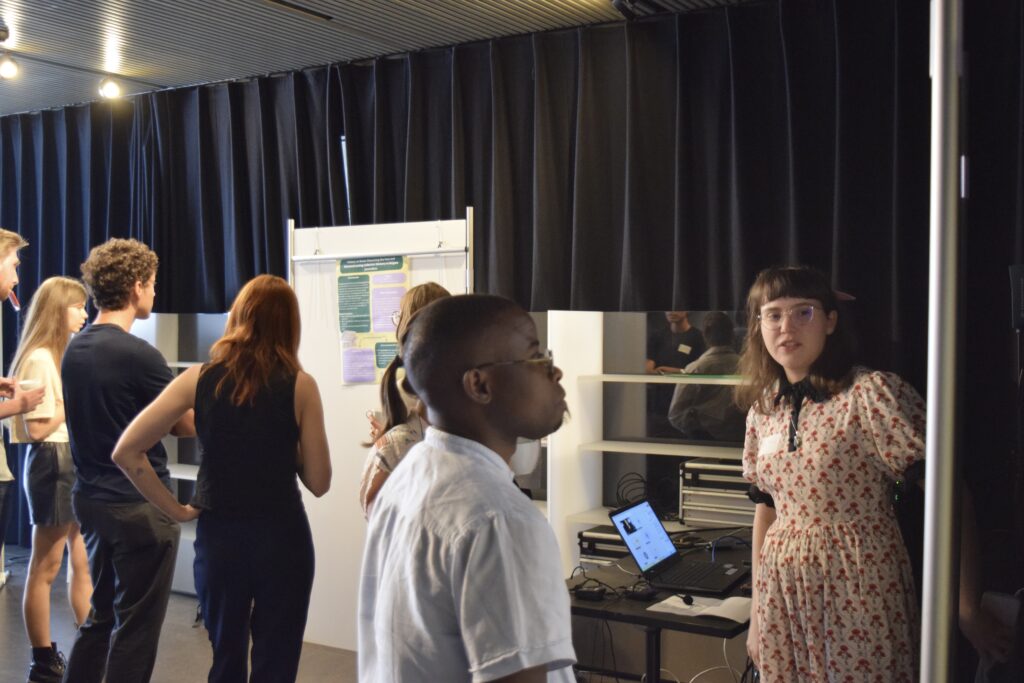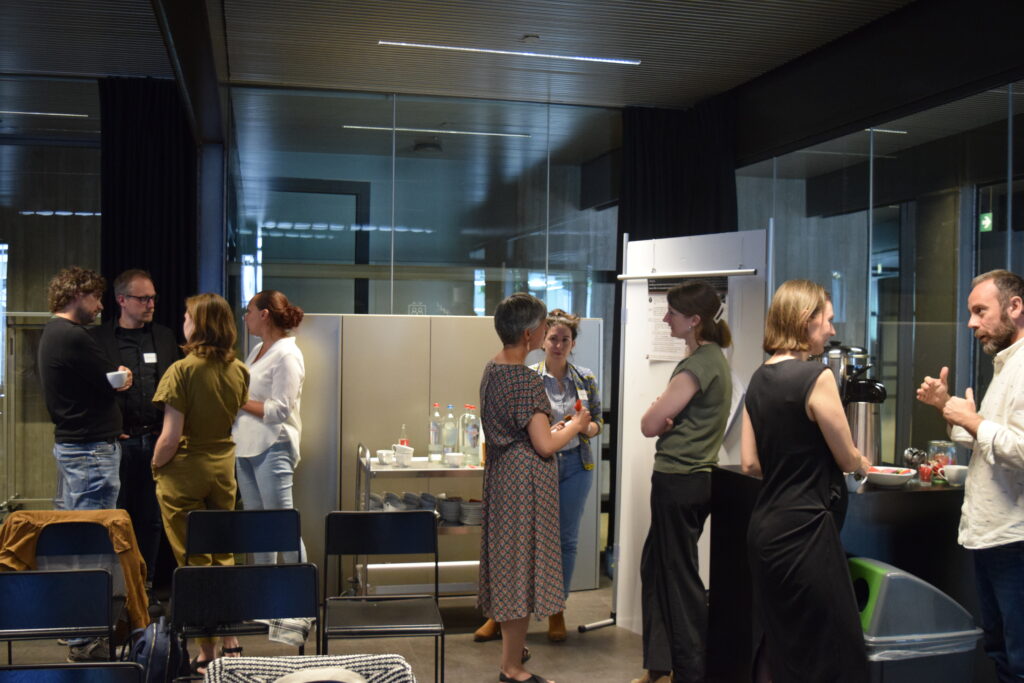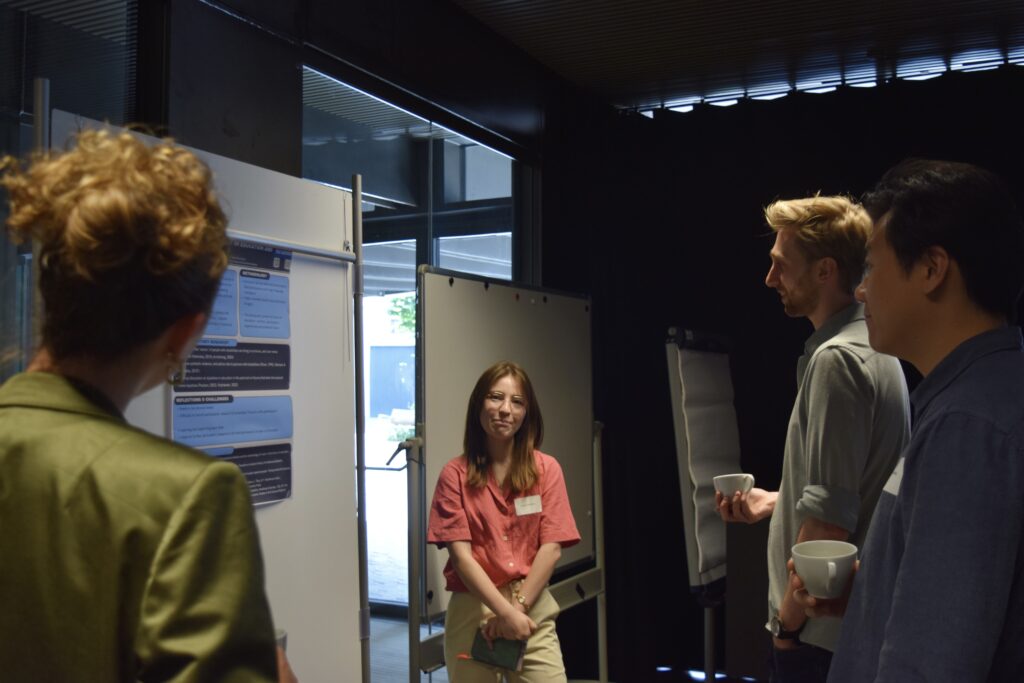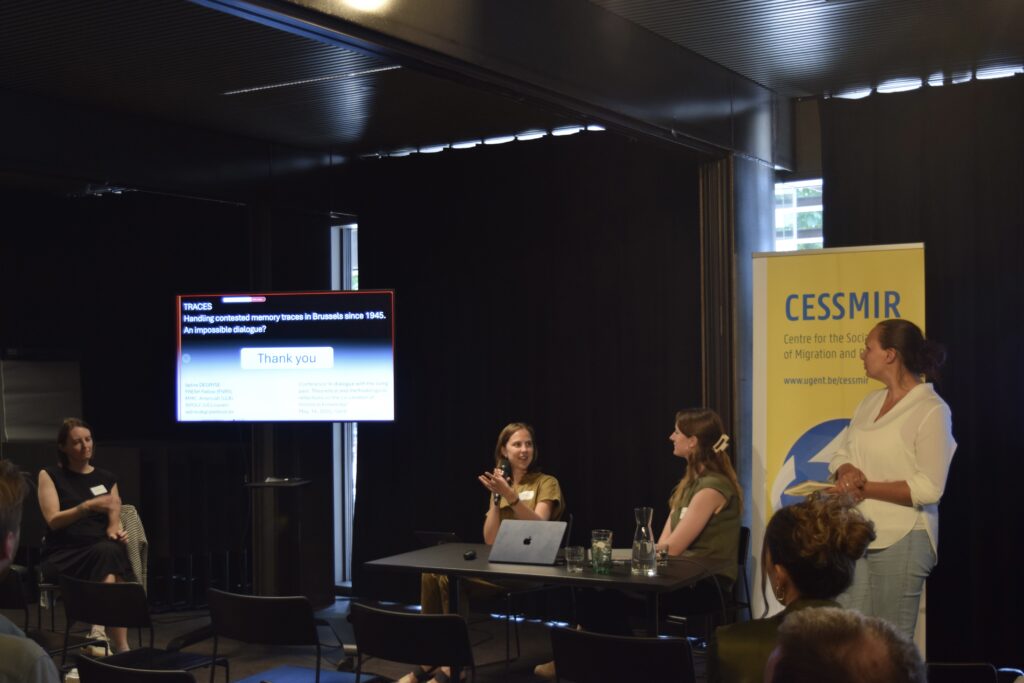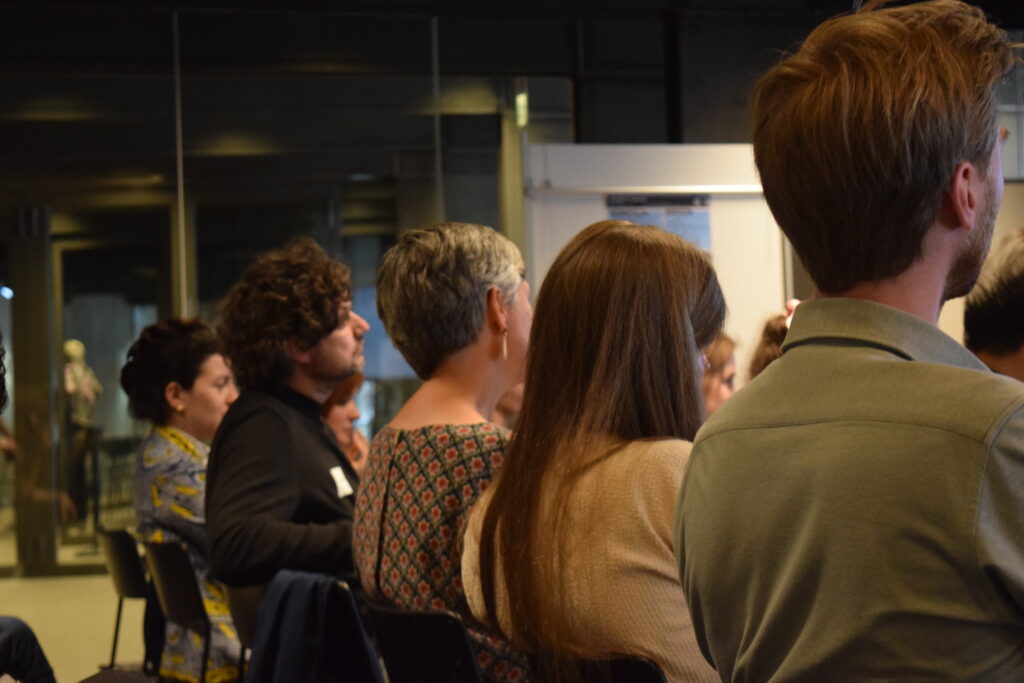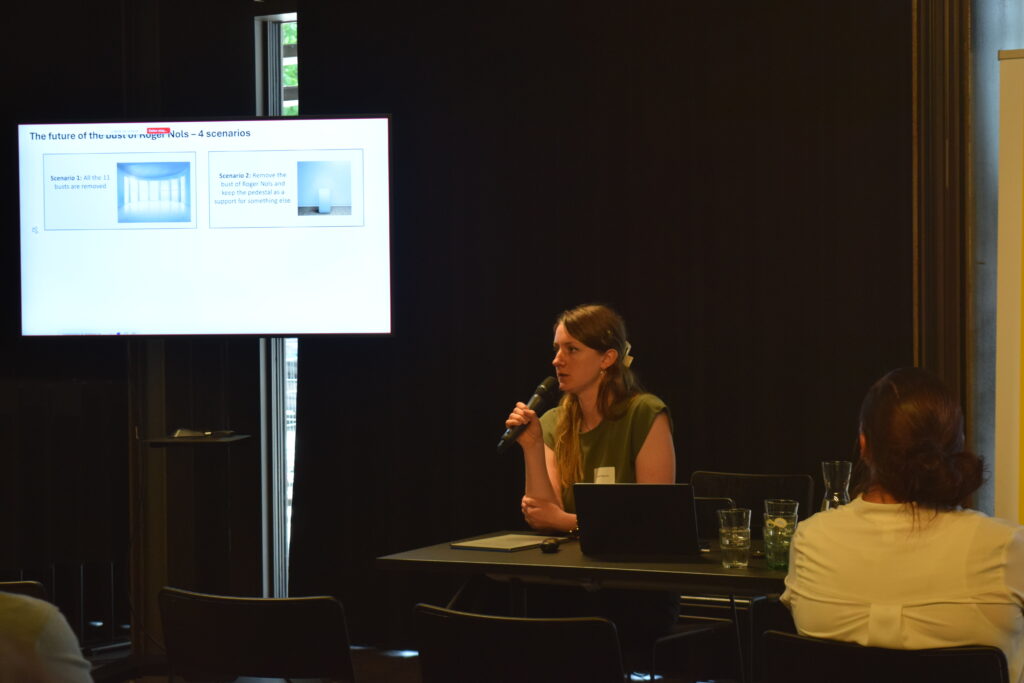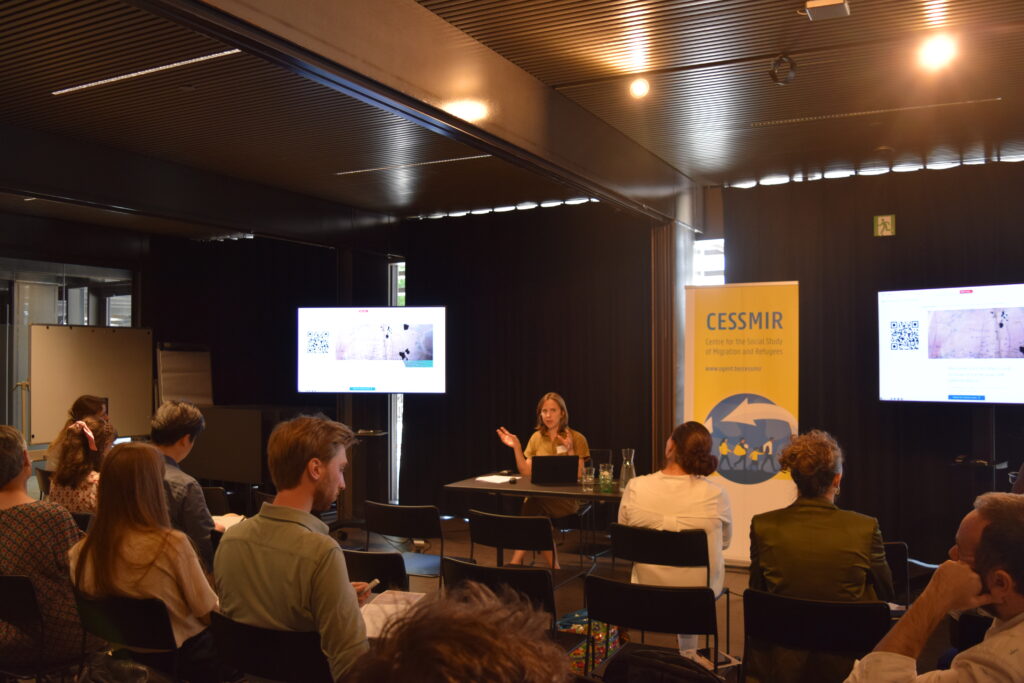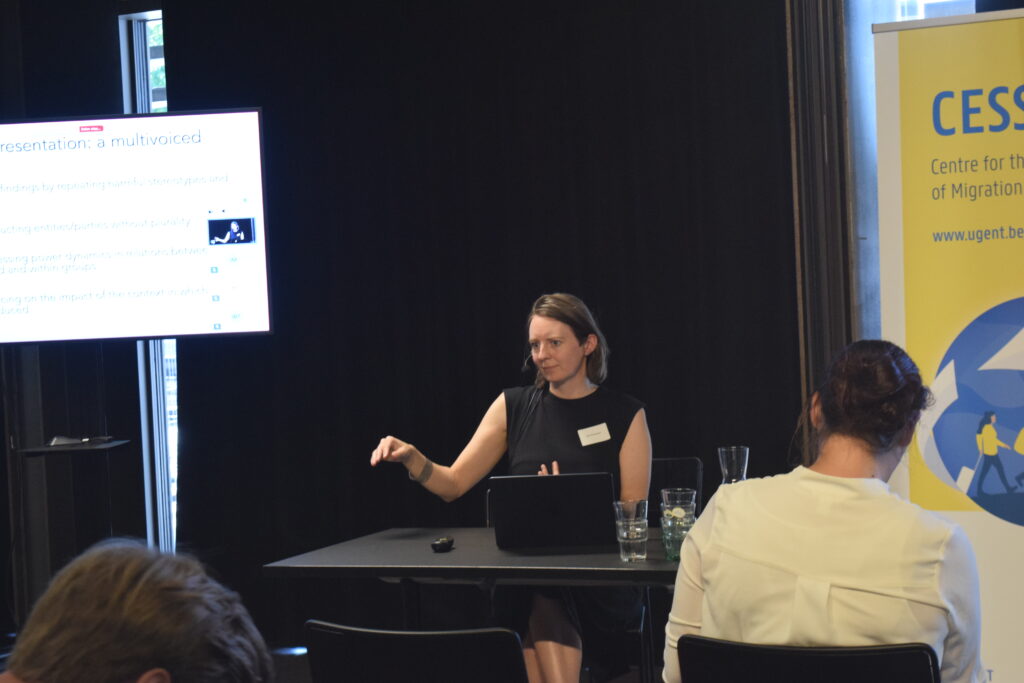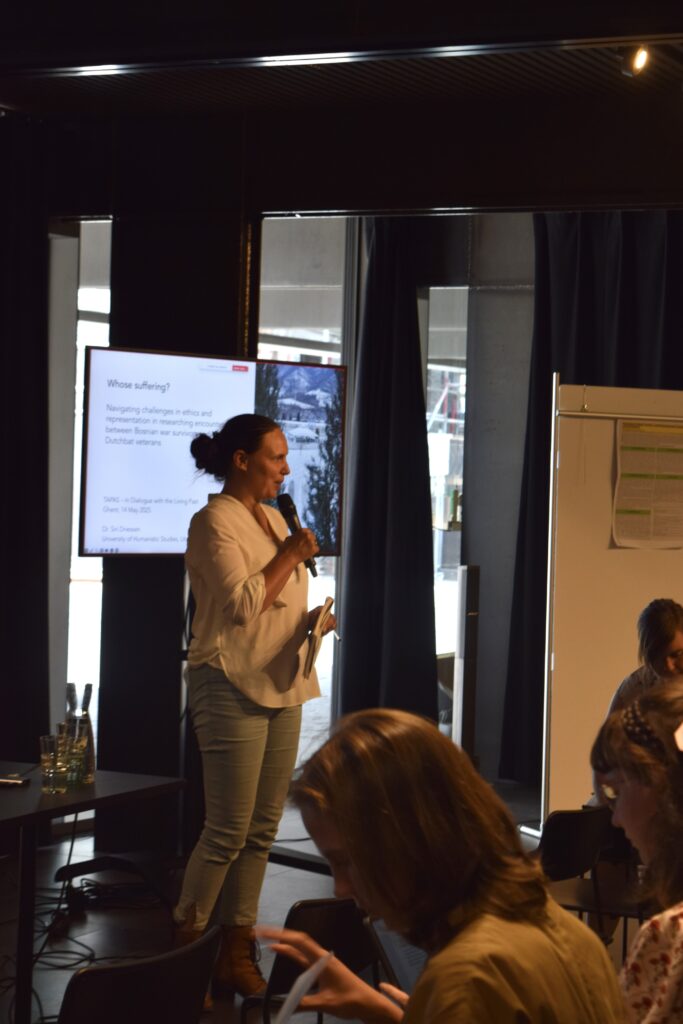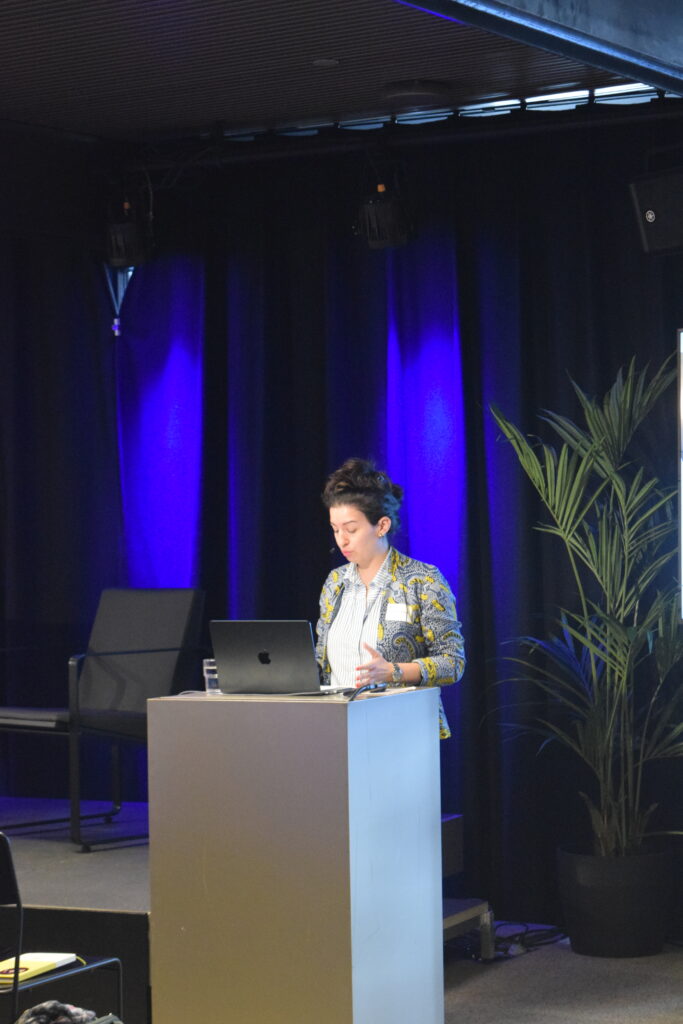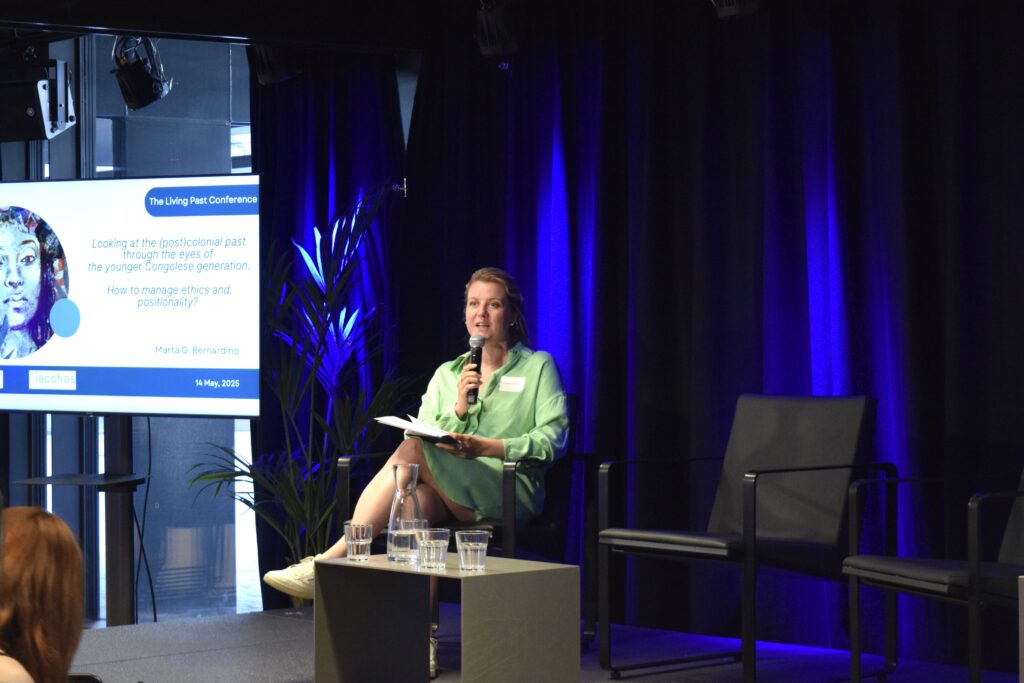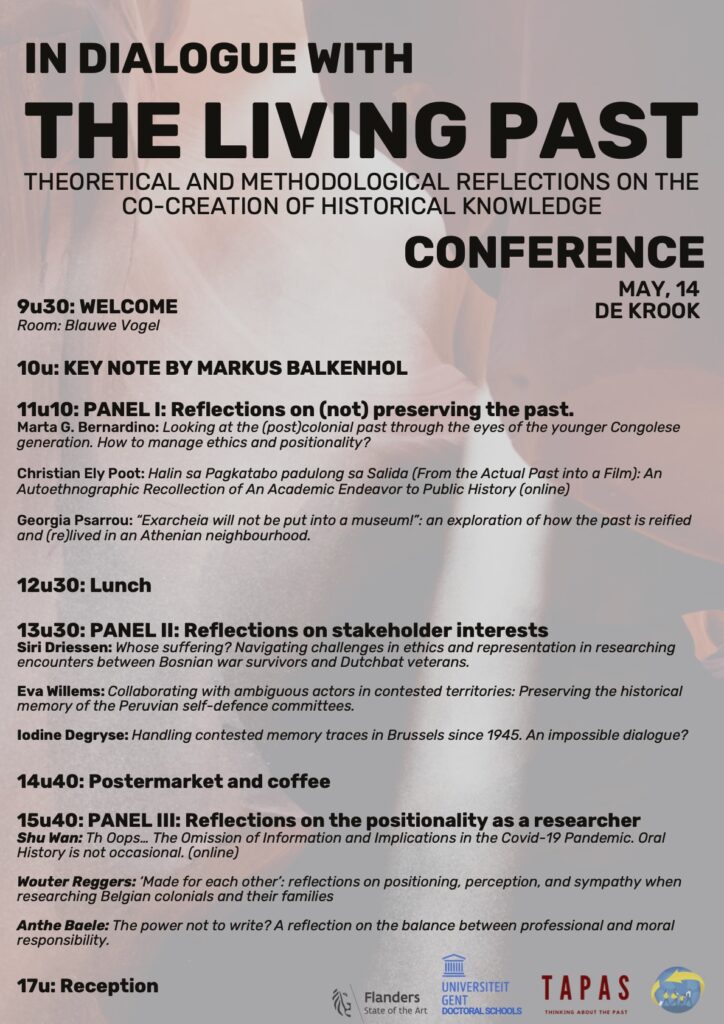
On May 14, TAPAS and CESSMIR hosted the conference ‘In Dialogue with the Living Past: theoretical and methodological reflections on the co-creation of historical knowledge’. The goal of the conference was to gather researchers from various disciplines who draw on methodologies rooted in oral history and ethnography.
The conference was the final product of the series of workshops from February to March, in which, under the guidance of experts in the field, PhD students discuss our own research questions, experiences, and insights, critically reflect on methodological difficulties, including issues related to the relational and socio-political ethics of ethnographic research.
For the conference we invited PhD students who took part in the series of workshops and other contributors to reflect on the entangled issues of bringing the past ‘alive’ through direct interactions between researchers and their interlocutors. We proposed the following guiding questions:
(1) Who are the gatekeepers of historical knowledge production?
- Listening to the story of the past: whose story?
- What makes historical research different from anthropological or sociological research?
- Does a responsibility for the past require a homogenous group? What are the processes behind the creation of a group-specific history — “our” history?
- Is there a useful difference between ‘what happened’ and ‘what is said that is happened’ and how can you navigate this in historical research?
(2) how can historians use ethnographic methods in an ethically responsible way?
- What are the ethics of doing ethnographic research?
- What are the burdens of oral history as a research method?
- What is the position of the notion of ‘authenticity’?
- How do historians need to navigate the notion of ‘truth’?
(3) how can we both theoretically and pragmatically approach the positions of ‘expert’ and ‘participant’?
- How do you listen to the story of the past?
- How can you establish a position of equality, same-ness with your interlocutors?
- What are the (ethical) implications of the notion of ‘interpretation’ in doing research with oral history or ethnography? Are there different responsibilities at stake than in research with written sources?
